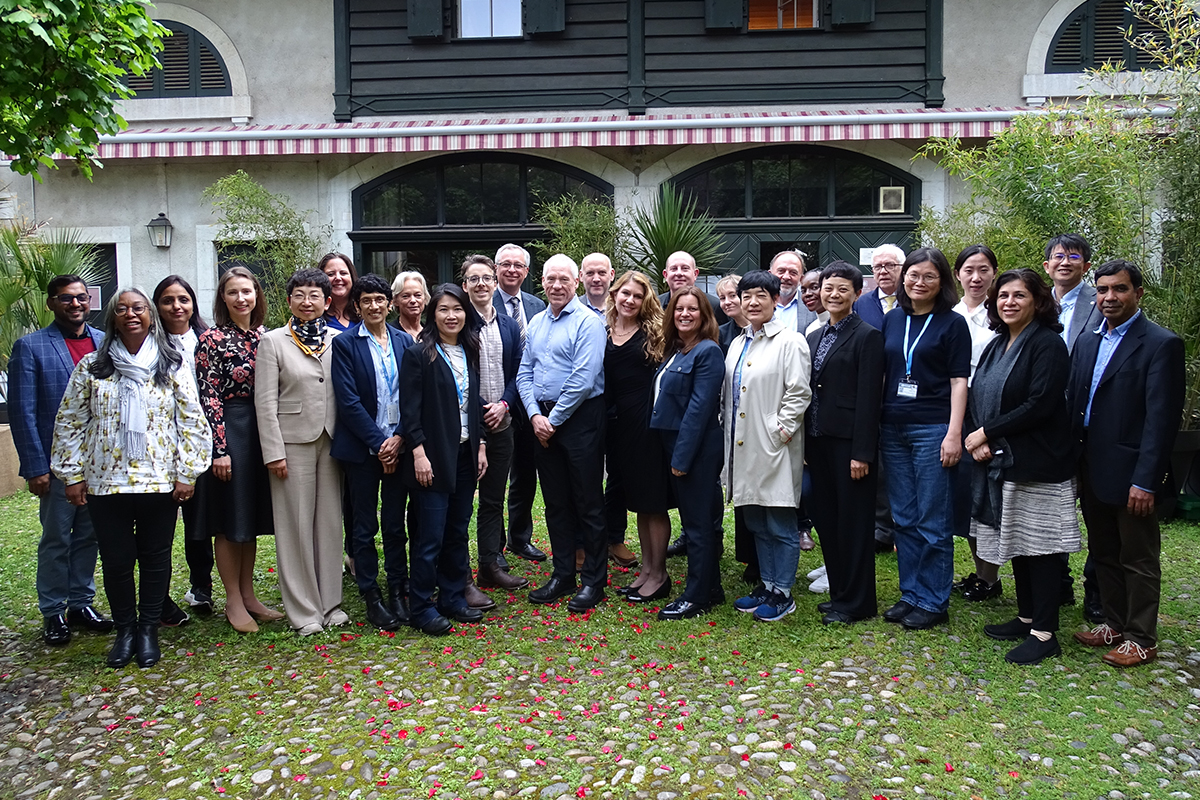Two minutes with a Scientific Director: Dr. Christine Chambers
Today, we spoke with Dr. Christine Chambers, Scientific Director of the CIHR Institute of Human Development, Child and Youth Health (IHDCYH), to find out what the Institute has been focusing on and how it is impacting health.

CIHR: Children around the world face many emerging health challenges. What is IHDCYH doing to support research that can help children lead healthier lives?
Dr. Chambers: An area that has emerged as one with huge potential for impact is addressing increasing rates of childhood obesity, which is linked to significant health problems later in life. Globally, there are 42 million children under the age of five who are overweight. In Canada, 20% of children are overweight or have obesity. An exciting area of research we’re proud to support at IHDCYH that can help to address this issue is referred to as DOHaD, or Developmental Origins of Health and Disease. This area of science recognizes that the health of a child begins even before conception, because the health of the parents will influence the pregnancy and the baby’s critical developmental periods that shape biological pathways.
DOHaD research also explores how early life experiences such as nutrition, stress, and environmental exposures—even before we are born—affect health and disease throughout the lifespan. CIHR’s major investment in DOHaD research is through the Healthy Life Trajectories (HeLTI) Initiative. This initiative is a collaboration with the World Health Organization and is focused on studying health from preconception through to five years of age, with separate but linked studies in Canada, China, India, and South Africa. These linked international cohorts are supported by the National Natural Science Foundation of China, the Department of Biotechnology (India), and the South African Medical Research Council. In a separate but related DOHaD initiative IHDCYH is also co-funding an Indigenous HeLTI (I-HeLTI) cohort in partnership with the CIHR Institute of Indigenous Peoples’ Health. I-HeLTI is led by Indigenous investigators in collaboration with 23 First Nations communities in British Columbia and Alberta.
CIHR: That sounds like very interesting research. How can it improve the lives of children and youth?
Dr. Chambers: We are going to get lots of evidence through HeLTI to inform policies and health care decisions. To date, the HeLTI cohorts have enrolled more than 20,000 women and over half of them are already receiving an intervention, such as guidance on behaviours related to diet, physical activity, breastfeeding, and other supportive care.
The primary outcome being measured is obesity at age five, which research shows is linked to the onset of chronic diseases such as diabetes, cardiovascular disease, and cancer. As we learn more about early exposures and their impact on longer-term health, we can better target prevention strategies to promote healthier environments for both parents and children.
CIHR’s investments in other DOHaD research have already yielded knowledge about the benefits of maternal nutrition, healthy microbiomes, and breastfeeding, for example. Studies have demonstrated the importance of specific nutrients, including B vitamins, in the development of the fetus. A healthy microbiome supports nutrient absorption and produces other molecules that may influence placental function. Once the baby is born, studies have shown that longer and more exclusive breastfeeding is associated with healthier body composition in the baby and reduced risk of asthma.
These are just a few examples. By funding the HeLTI initiative, we are really taking the research to the next level, strengthening Canada’s position as a global leader in DOHaD research, and creating a healthier future for children around the world.
For more information, please visit the CIHR Institute of Human Development, Child and Youth Health.
- Date modified: